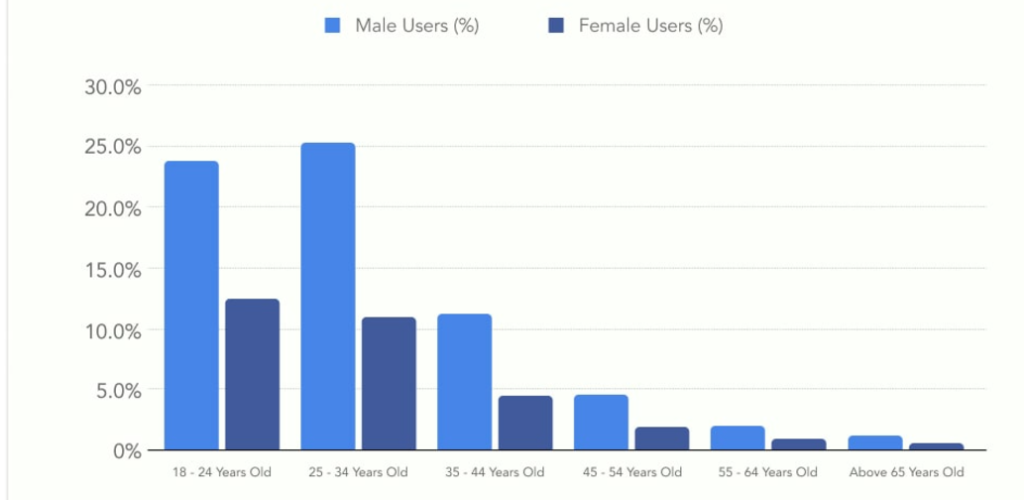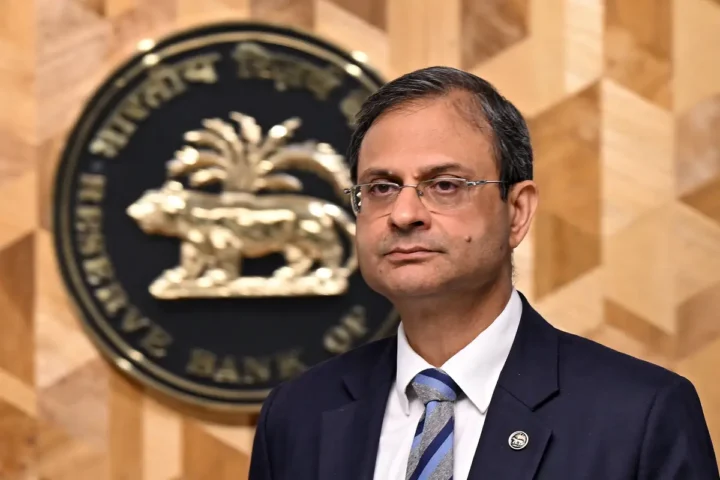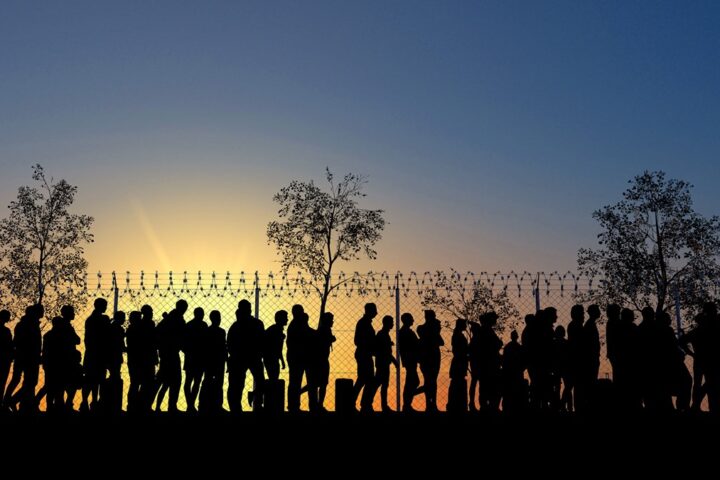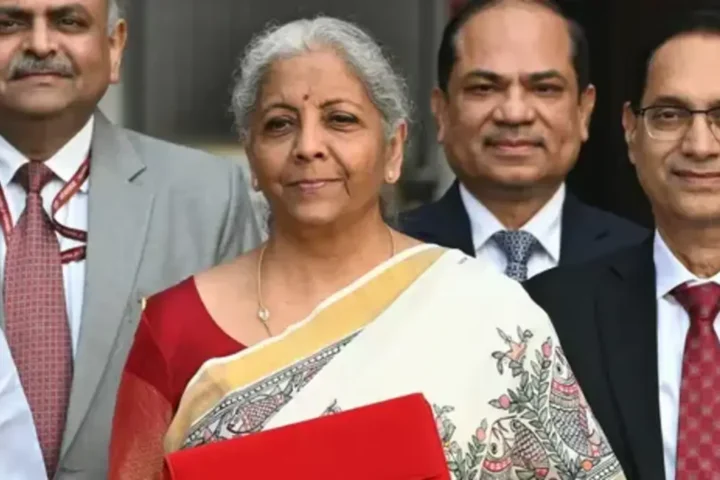Recent global developments have intensified the focus on the impact of early social media exposure on children. Australia has announced plans to ban social media use for individuals under 16, citing significant mental health risks. Similarly, France, China, and the UK have implemented age restrictions to safeguard their youth.

The Growing Concern
Excessive screen time and unregulated access to social media have been linked to several behavioral and psychological issues in children, including increased aggression, impatience, and lethargy. Studies worldwide reveal that children as young as nine are spending hours daily on social media platforms, often exceeding healthy limits. For example, in India, children aged 9 to 17 spend between three to six hours on social media, with many exceeding six hours, according to a recent survey.
Steps Taken Across the Globe
1. Age Verification Systems
Countries like the United Kingdom are leading the charge by implementing strict age verification systems to ensure that children below the recommended age limit are not accessing social media platforms. Platforms like Instagram and TikTok have also introduced features requiring users to confirm their age through documentation or parental approval.
2. Limiting Screen Time
In the United States and Canada, several schools and organizations have introduced programs to limit screen time and encourage children to engage in offline activities. Tech companies, too, have introduced features allowing parents to set screen time limits for their children.
3. Parental and Digital Literacy Initiatives
In Europe, countries like Sweden and Denmark have introduced digital literacy programs in schools to educate children about the responsible use of social media. These programs also involve parents, empowering them to guide their children in making safer online choices.
4. Government Regulations
China has perhaps taken the most stringent approach by restricting the time minors can spend on social media and gaming platforms to just a few hours per week. The Chinese government has also enforced real-name registration systems to monitor and limit children’s digital activities.
5. Encouraging Offline Engagement
In countries like Japan, local governments and schools have launched campaigns encouraging outdoor activities and hobbies as alternatives to excessive social media use. These efforts aim to reduce children’s reliance on digital platforms for entertainment and interaction.
Interesting Read
India’s Approach to Social Media for Children
In India, the situation demands urgent action. Recommendations from the Indian Academy of Pediatrics suggest that children aged 2 to 5 should have screen time limited to one hour per day, with older children also requiring consistent restrictions on media consumption.
Experts and policymakers are advocating for:
- Stricter regulations to enforce age limits on social media platforms.
- Parental monitoring of children’s online activities.
- Awareness programs to educate families about the risks of excessive social media exposure.
- Promoting offline activities, such as sports, reading, and cultural engagement.
Parents and educators play a pivotal role in this effort by fostering open discussions with children about the risks associated with social media and encouraging a balanced approach to digital consumption.
Conclusion
Social media poses both opportunities and risks for children. To mitigate negative effects, global actions like age verification, screen time limits, and digital literacy are essential. In India, stricter regulations and parental involvement are needed. By adopting a balanced approach, we can ensure children benefit from social media while protecting their well-being.







